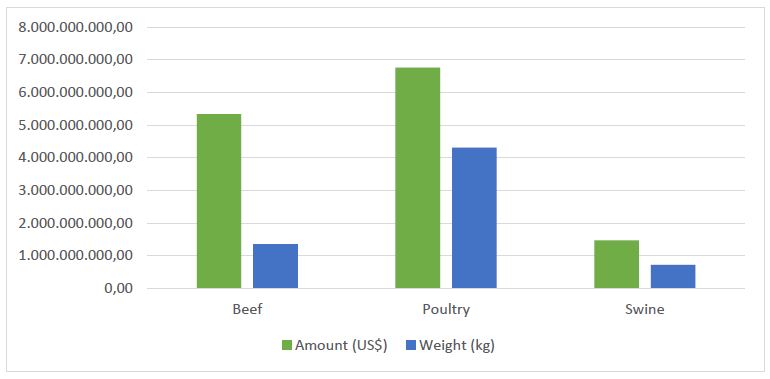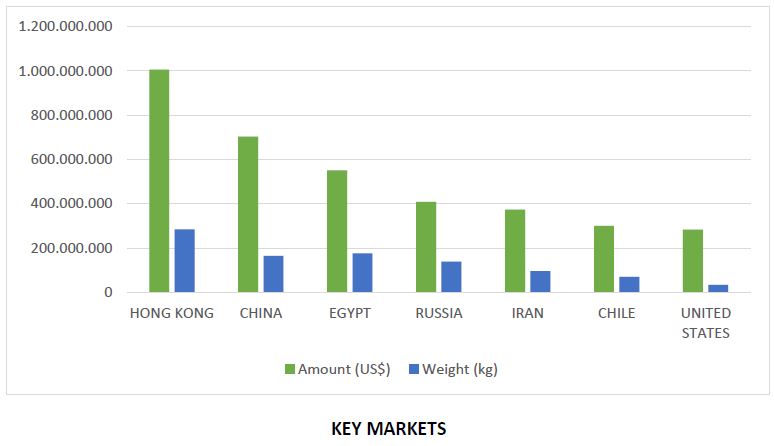The Brazilian agricultural sector, accountable for approximately 7% of the world’s agribusiness market, has been caught in a storm following operation ‘Weak Flash’.
Operation ‘Weak Flash’, which was triggered on March 17, led to the suspension of export licences of 21 meat packaging plants and the closure of three plants.
Some Brazilian processors were accused of using acid and other chemicals to mask or alter products, while it was also alleged that potato, water and cardboard were mixed with chicken meat to boost profits.
It was also reported that politicians and official health inspectors were, in some instances, bribed by plant managers to clear ‘out-of-specification’ products for trade in the market.
Following the operation a dozen countries including China, Egypt and Chile opted to ban exports from the southern hemisphere supplier, but these three countries have since decided to recommence trade with Brazil.
However, one of the country’s biggest trading partners – Hong Kong – still remains closed to Brazilian exporters.
What drives the export trade?
According to the Brazilian Ministry of Agriculture, Livestock and Food Supply (MAPA), the meat sector is one of the key pillars of the Brazilian economy and it employs 6.7m people.
The country currently accounts for 20% of the international meat market (cattle, poultry and pigs), while 40% of all poultry exports in the world come from Brazil.
The Brazilian Department of Agriculture also said that the country sent 852,000 shipments of animal products to other countries in 2016.
Of these, only 184 (0.02%) were considered to be non-compliant by their importers, “specifically due to incorrect labelling or incorrectly-filled forms or certificates, not due to health issues”.
Total exports in 2016
Last year, Brazil exported over one million tonnes of beef. The main destinations included Hong Kong, Egypt, China and Russia.
Brazilian beef exports in 2016
The country also exported about 3.9m tonnes of fresh chicken meat to countries such as Saudi Arabia, China, Japan, United Arab Emirates and Hong Kong.



